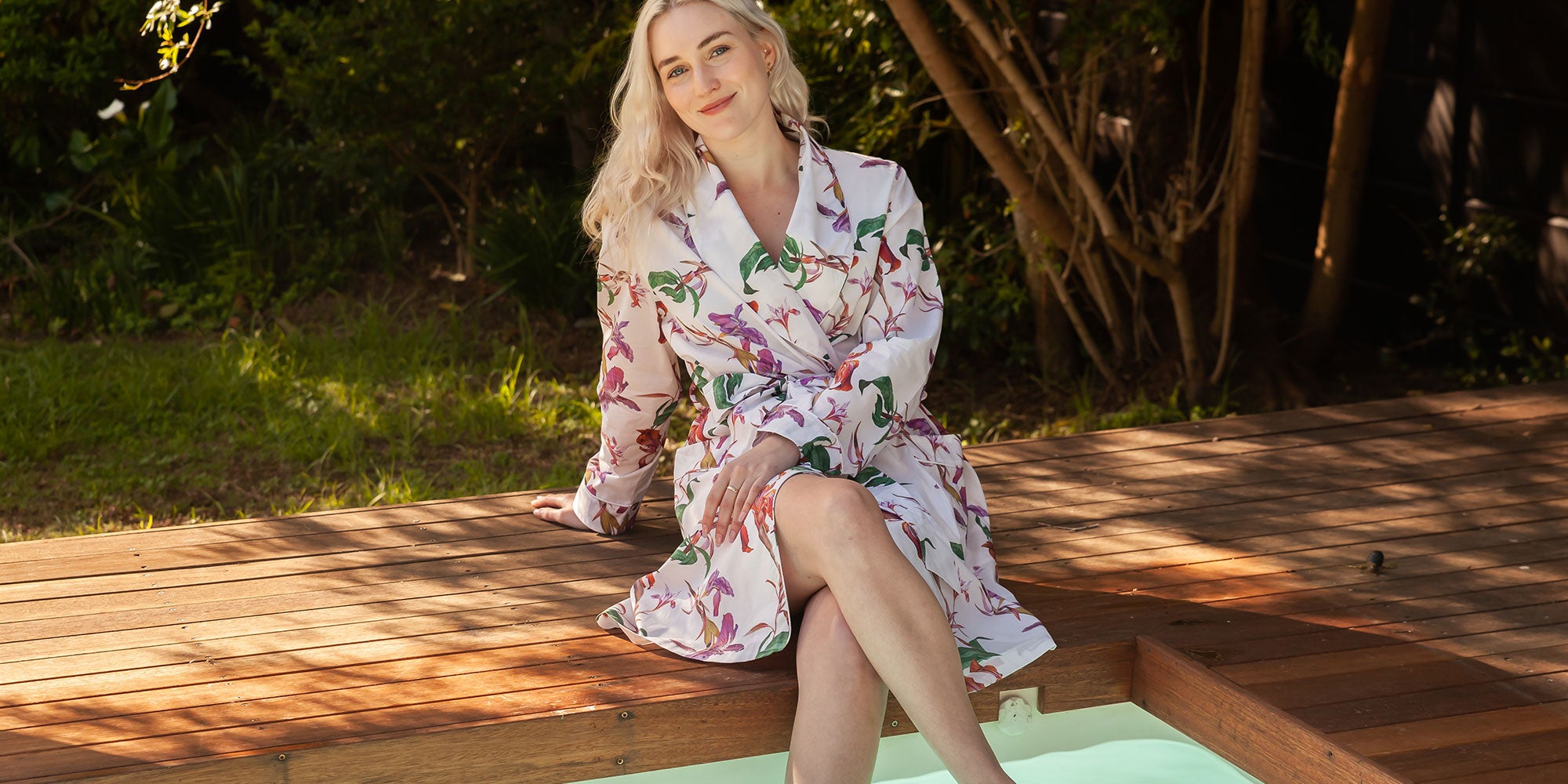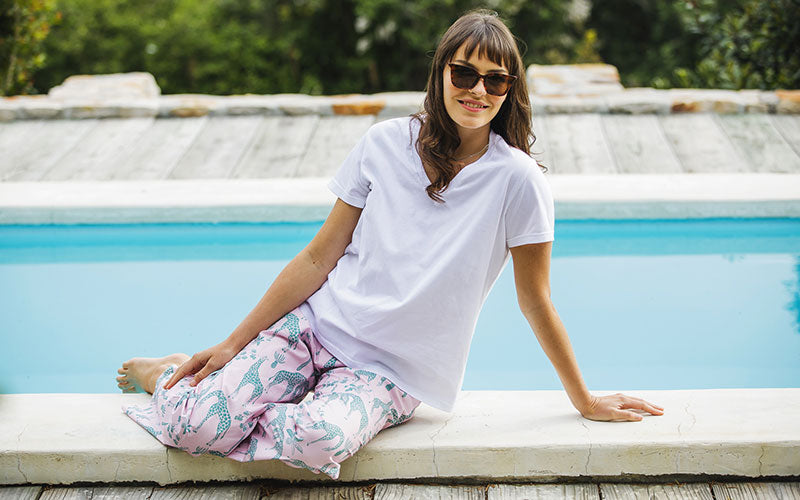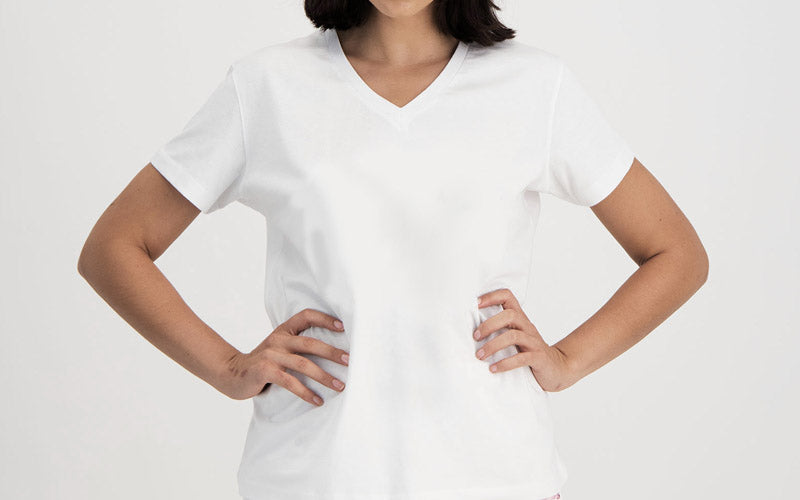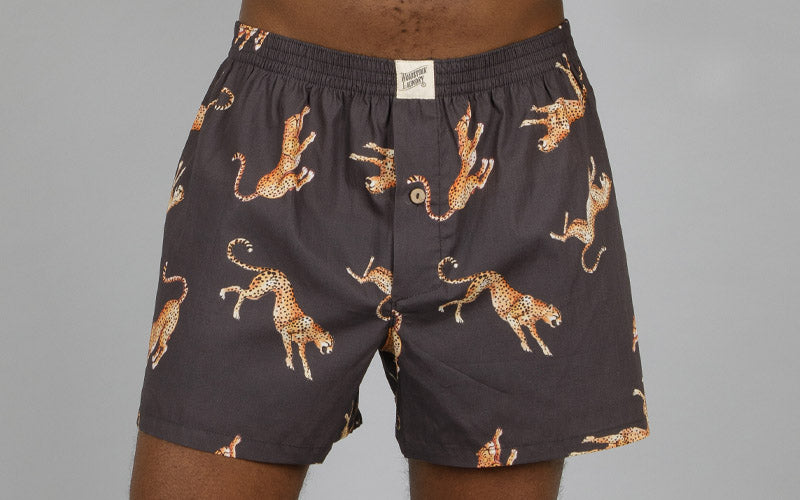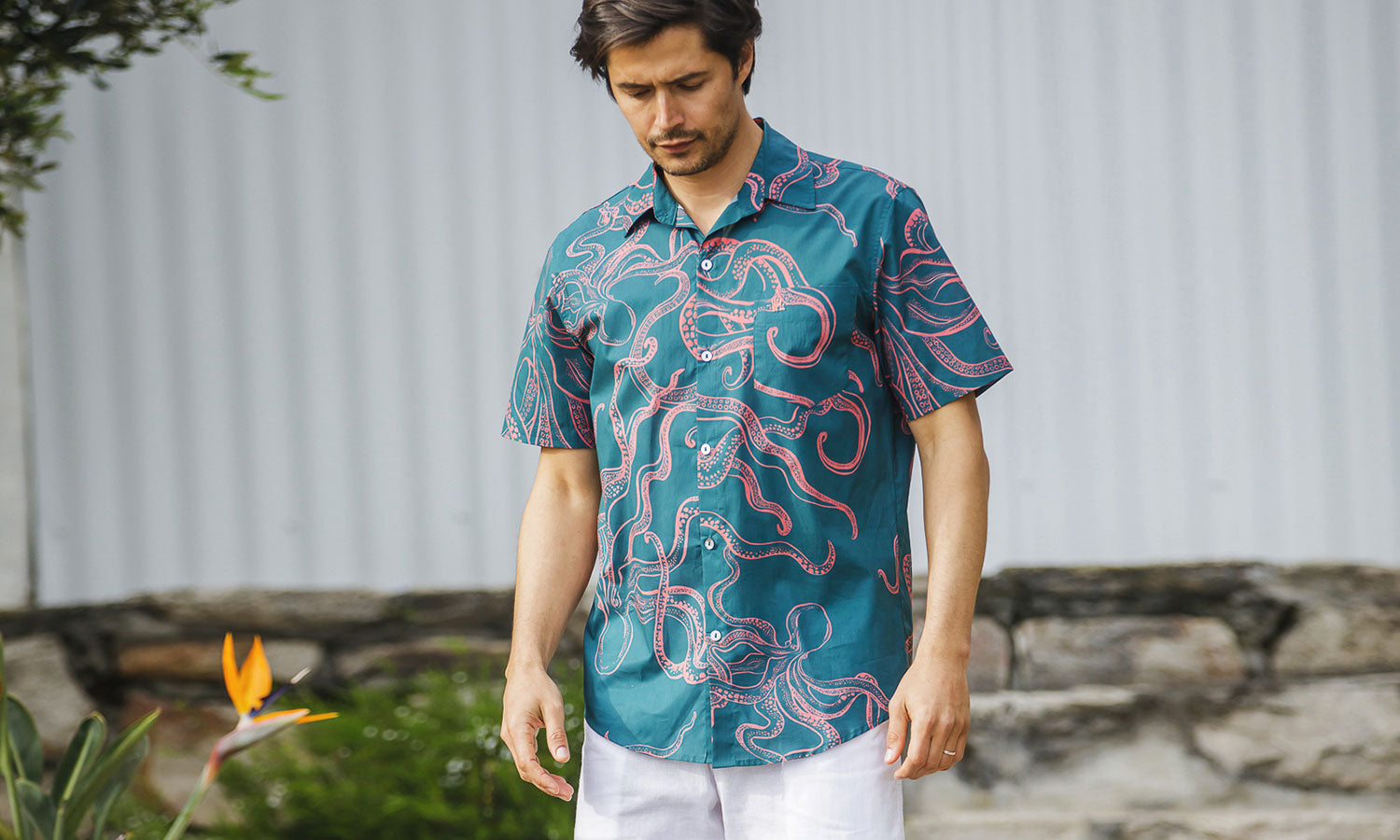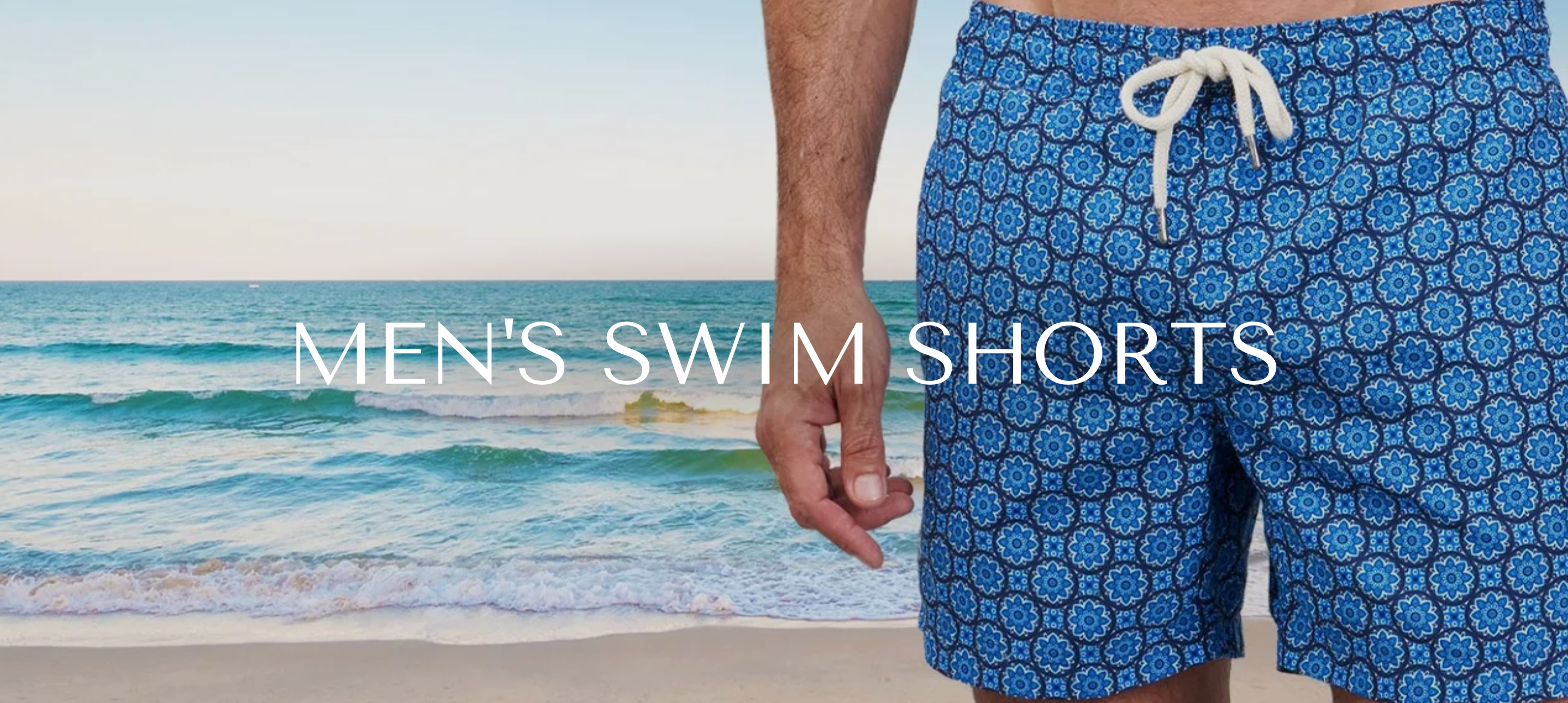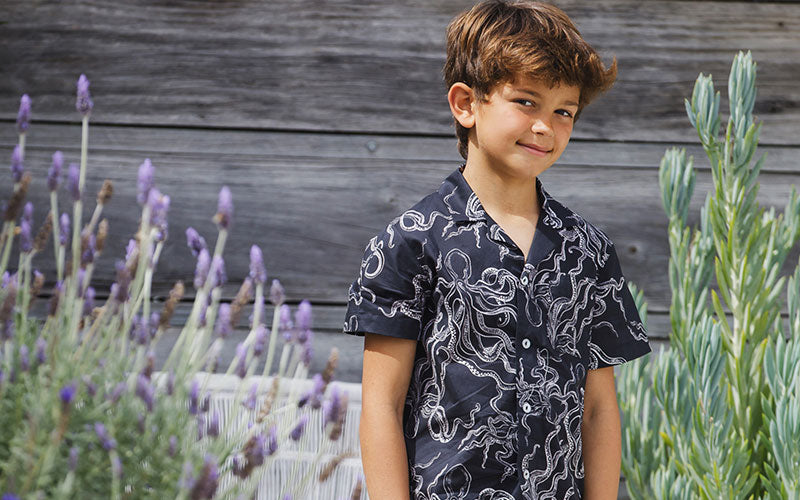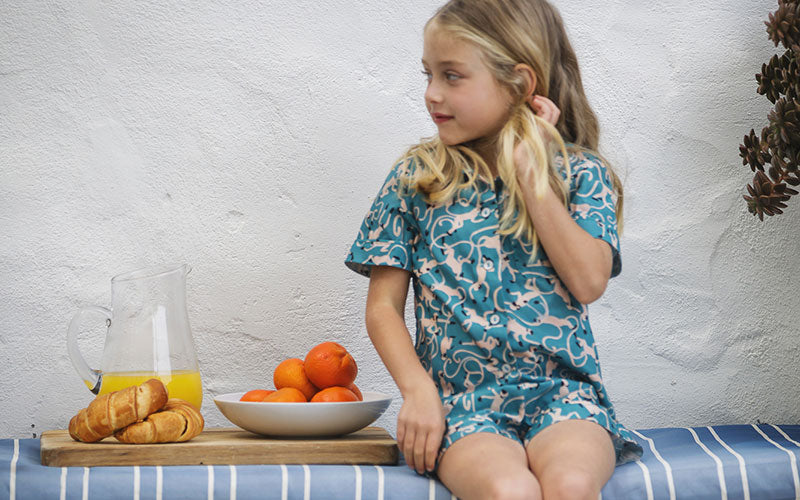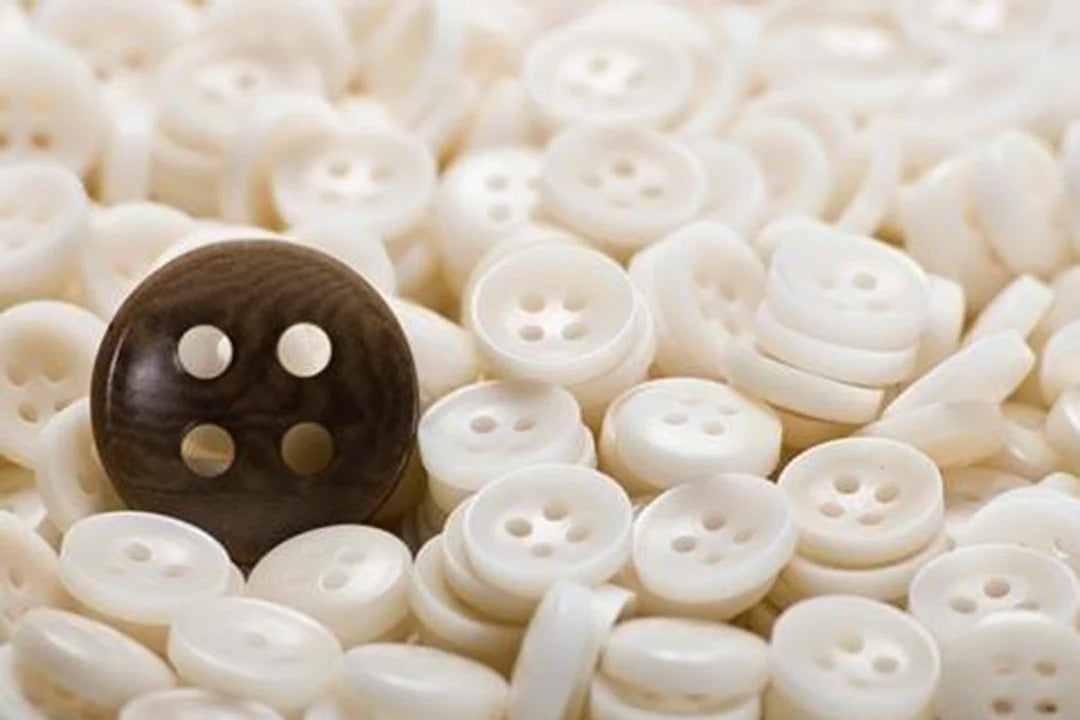In the realm of sustainable fashion, every detail counts. Corozo buttons, often hailed as the "vegetable ivory" of the fashion world, have gained prominence for their unique blend of aesthetic appeal and environmental responsibility. Extracted from the tagua palm tree, these buttons have become a symbol of eco-conscious design. As the fashion industry pivots towards sustainable practices, the benefits of corozo buttons stand out, offering a compelling case for their integration into modern wardrobes.
Renewable and Sustainable Resource
At the heart of the corozo button's appeal is its origin in the tagua palm tree. Native to South America, this palm produces seeds that can be harvested without harming the tree, making it a renewable resource. Unlike plastic or metal buttons that require significant energy and raw materials, corozo buttons embody sustainability by relying on a natural, regenerative source.
Biodegradability
In an era grappling with the environmental consequences of plastic waste, corozo buttons shine as a biodegradable alternative. Composed of organic material, these buttons decompose naturally over time, leaving minimal impact on the environment. As fast fashion cycles continue, choosing biodegradable materials such as corozo helps reduce the burden of non-biodegradable waste on landfills and ecosystems.
Aesthetic Versatility
Corozo buttons are celebrated not only for their eco-friendly attributes but also for their aesthetic appeal. The material possesses a natural grain that adds character and uniqueness to each button. Its versatility in color and texture allows designers to incorporate corozo buttons into a wide range of garments, from casual wear to high-end fashion, seamlessly marrying sustainability with style.
Durable and Long-Lasting
Sustainability goes hand in hand with durability, and corozo buttons excel in this regard. Their dense composition and natural hardness make them resistant to wear and tear, ensuring longevity in comparison to some plastic alternatives. By choosing corozo buttons, consumers contribute to the creation of garments with a longer lifespan, reducing the need for frequent replacements and minimizing overall environmental impact.
Ethical Production
The extraction and processing of corozo buttons often occur in regions where tagua palm trees are abundant. This localized production not only supports local economies but also promotes fair labor practices. Harvesting corozo seeds and crafting buttons traditionally involves skilled artisans, creating employment opportunities and fostering a sustainable economic ecosystem.
Low Environmental Impact in Production
The production of corozo buttons involves minimal environmental impact compared to the manufacturing processes of synthetic alternatives. Corozo buttons are typically produced using low-energy methods, avoiding the carbon emissions associated with the production of plastic or metal buttons. This aligns with the growing demand for fashion choices that prioritize materials and processes with a lower environmental footprint.
Carbon Sequestration
The tagua palm, from which corozo buttons are derived, plays a role in carbon sequestration. As these trees mature, they absorb and store carbon dioxide, helping mitigate the effects of climate change. By choosing products made from corozo, consumers indirectly support the preservation of these trees, contributing to the broader effort to combat global warming.
Corozo buttons exemplify the marriage of sustainability and style, proving that conscientious choices need not compromise aesthetics. As the fashion industry undergoes a transformative shift towards eco-conscious practices, the benefits of corozo buttons become increasingly evident. From their renewable source and biodegradability to their durability and low environmental impact, corozo buttons offer a compelling case for their adoption in both designer and everyday fashion. Embracing these eco-friendly alternatives is not just a fashion statement but a commitment to a greener, more sustainable future—one button at a time.





